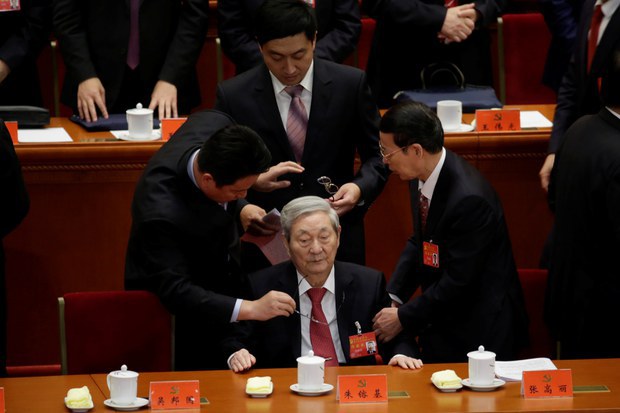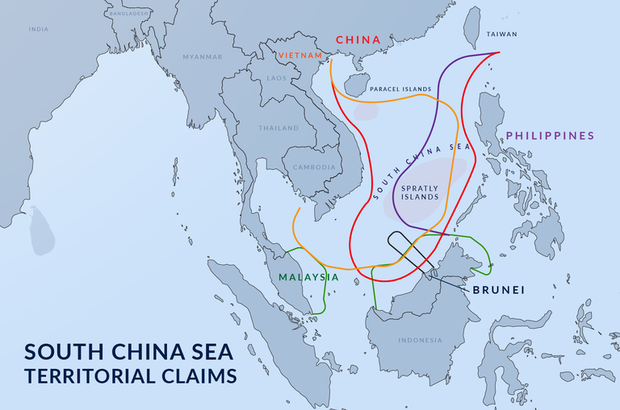As borders reopen, labor shortage looms in Laos’ SEZs
Laos’ special economic zones (SEZs) are losing labor rapidly as workers move on to greener pastures in Thailand following a reopening of the borders between the neighboring Southeast Asian countries last week. Many of the workers who left for Thailand have previously worked in the country. When the pandemic hit and they lost their jobs, they returned home to Laos before the two countries sealed their borders. The large workforce later took jobs in SEZs in the capital Vientiane region, where Chinese companies are given concessions in exchange for development and jobs. With no other choice, the workers were forced to accept wages that were a mere fraction of what they could get in wealthier Thailand. But the reopening of the borders last week brought a mass exodus of workers, Thanongxay Khounphaithoun, director of the Special Economic Zone Management Department of Vientiane, told local media. In the five SEZs in Vientiane, only 3,375 workers are on the job and, of those, 2,737 are Laotian, he said. To operate at full capacity, the zones need a total of 6,000 Lao workers this year and 10,000 next year. The money is simply better in Thailand. “We can’t attract workers,” an employee at one of the SEZs told RFA’s Lao Service on condition of anonymity for safety reasons. “The problem is that most Laotians came to work with us only temporarily then quit. And now they went back to Thailand,” he said. Another factor that may cause workers to favor Thailand to the SEZs is the language barrier. The Thai and Lao languages are mutually intelligible. But working in the SEZs may require learning Chinese, ultimately for less money. “Chinese companies need Lao workers who speak Chinese,” an employee of a Chinese company in one of the capital’s SEZs told RFA on condition of anonymity for security reasons. “If you speak Chinese, you can send your application and resume to their email then wait for a call,” the employee said. But the companies in the SEZ badly need workers and are taking anyone they can get, another employee of a Chinese company in a different SEZ told RFA. “We need a lot workers in the production department. Those who have graduated from high school and are 18 years old or older can apply,” the second employee said. An unemployed Lao resident who used to work in Thailand told RFA that although he could find a job in the SEZs relatively easily, he did not plan to apply. “I don’t want to work in the special economic zones because the wages are too low. I’ve seen an announcement from the Labor Ministry that says the SEZs need a lot of workers, but I don’t want to apply because it’s not worth it,” he said. The difference in wages between the two countries is stark. A Lao worker who is employed in a suburb of Thailand’s capital Bangkok told RFA that she now makes more than three times what she did in Laos for the same job. “In Laos, I worked at a factory in Savannakhet province and I received a basic salary of 1.1 million kip [U.S. $85] per month,” she said. “Here in Thailand I get 10,000 baht [$288] a month and the cost of living in Thailand is cheaper too.” The Lao Federation of Trade Unions in late March called on businesses to raise the minimum wage from 1.1 million kip ($85) to 1.5 million ($115), the Vientiane Times reported. RFA reported last week that the Lao kip is also in serious decline, losing value against the Thai baht and U.S. dollar to the tune of a 6% drop between January and April. This has coincided with a 15-50% increase imported household goods, meaning that wages paid in kip have gone down in terms of what they can purchase, and wages paid in baht have remained stable by the same measure, and have gone up when compared to the value of the kip. Translated by Max Avary. Written in English by Eugene Whong.






